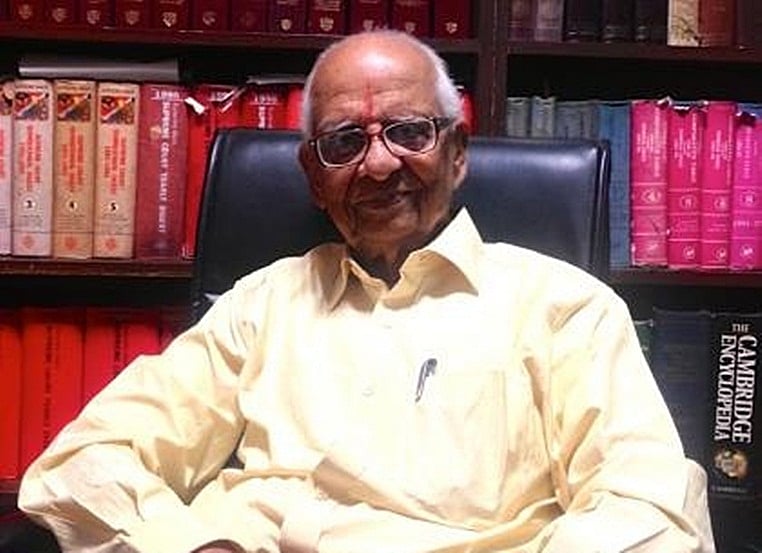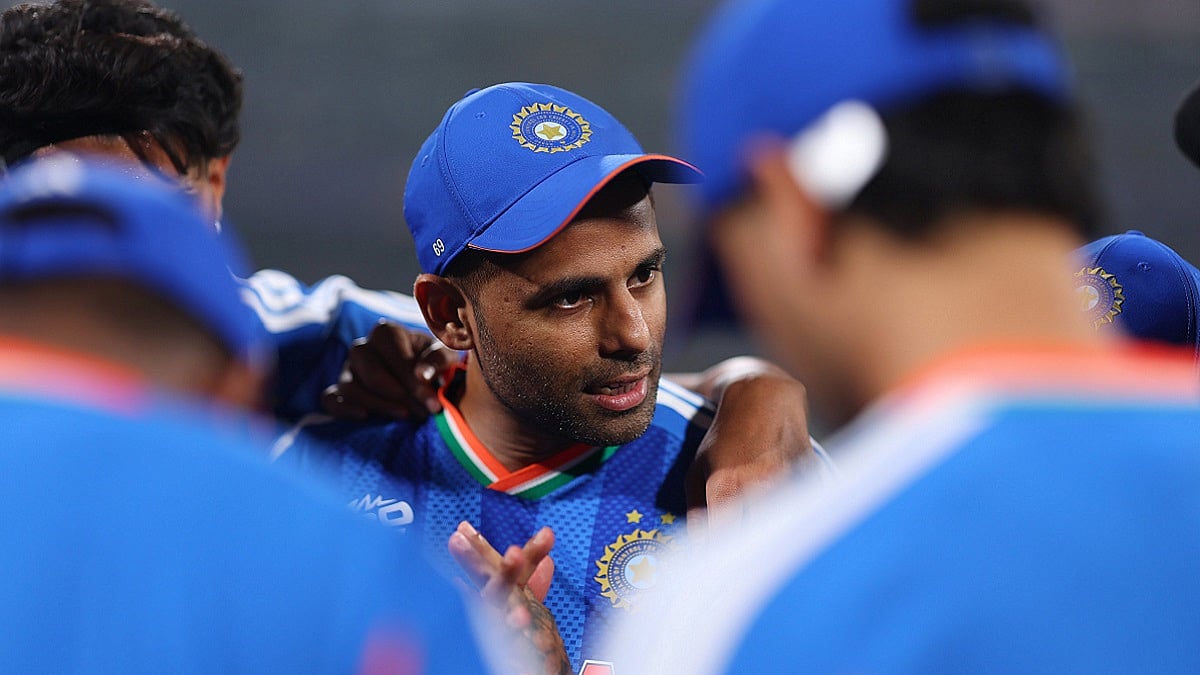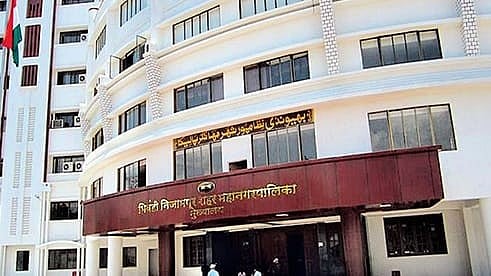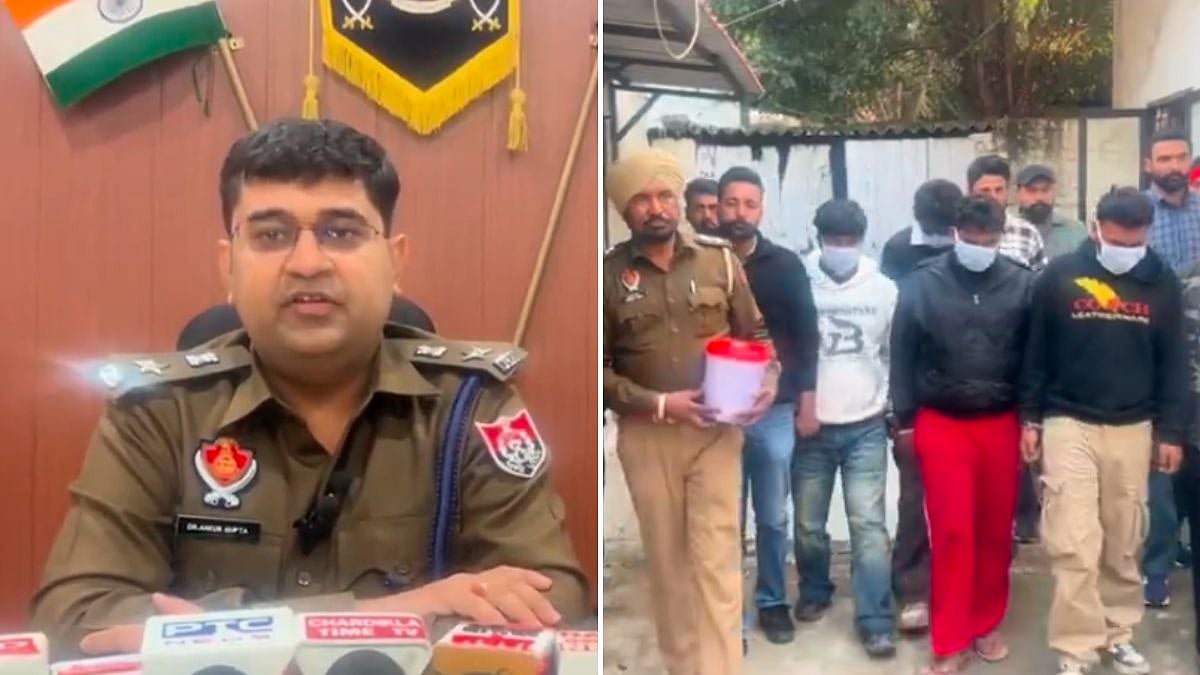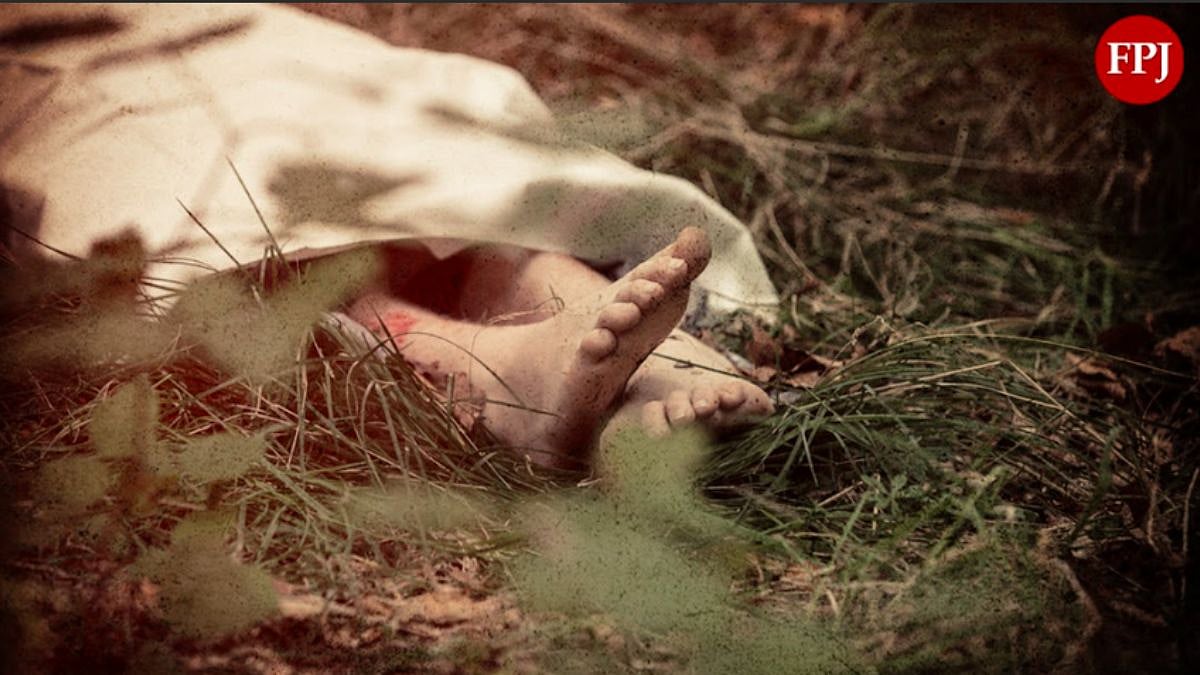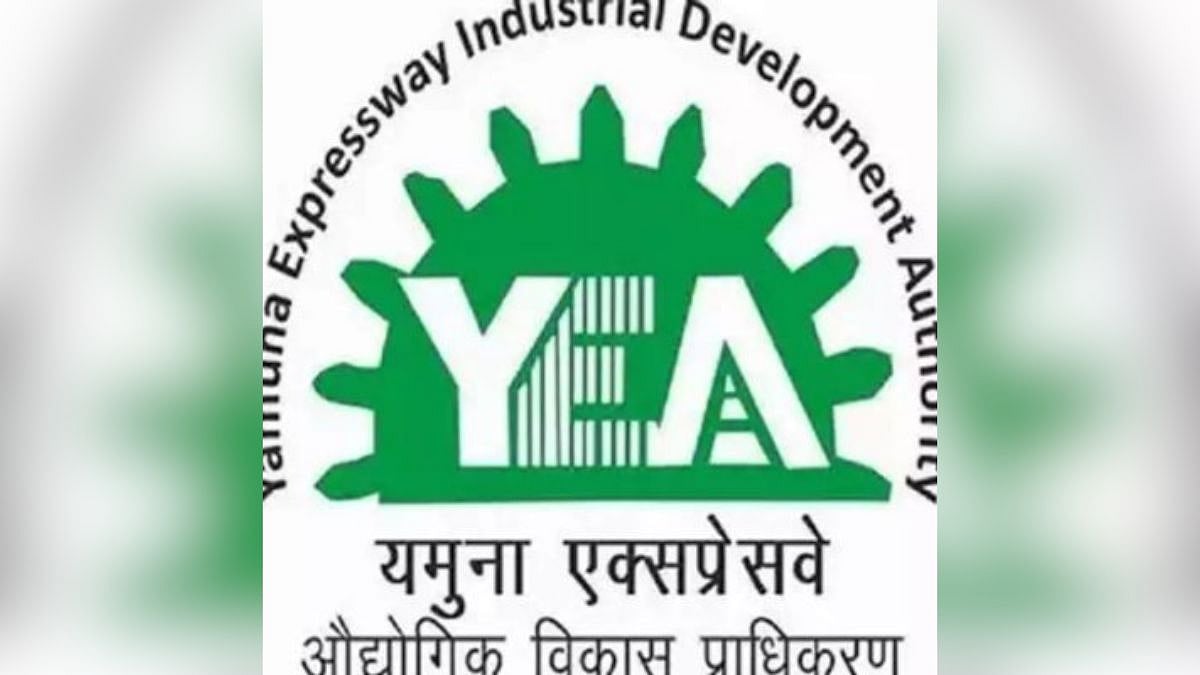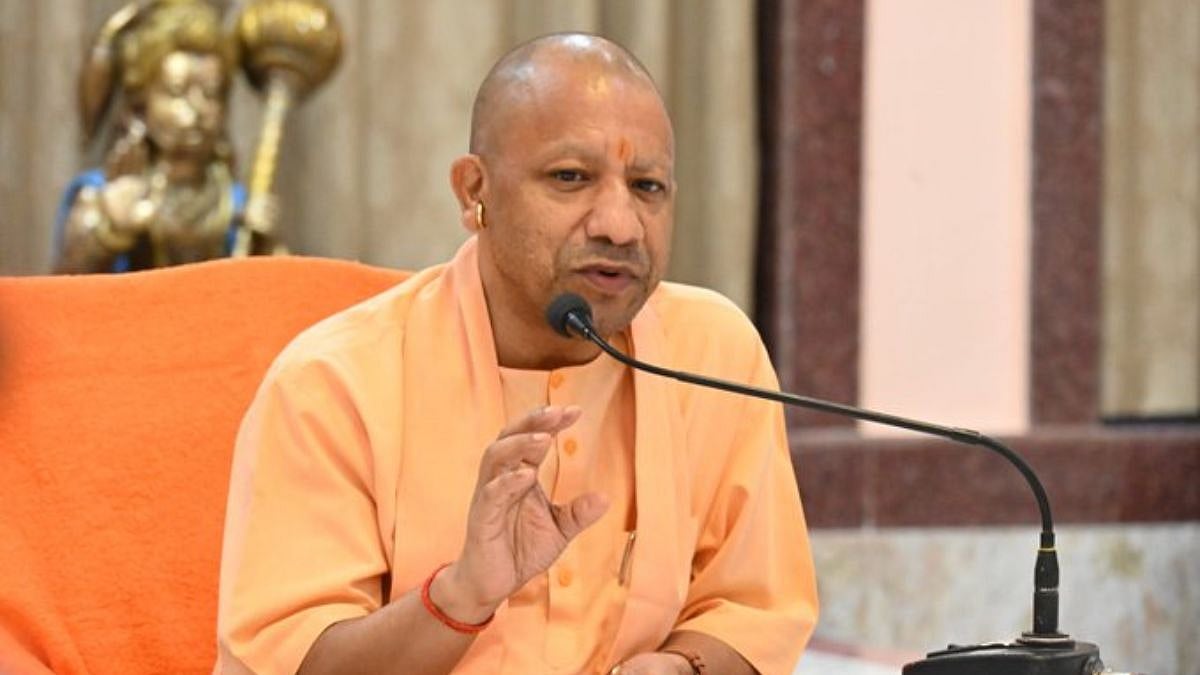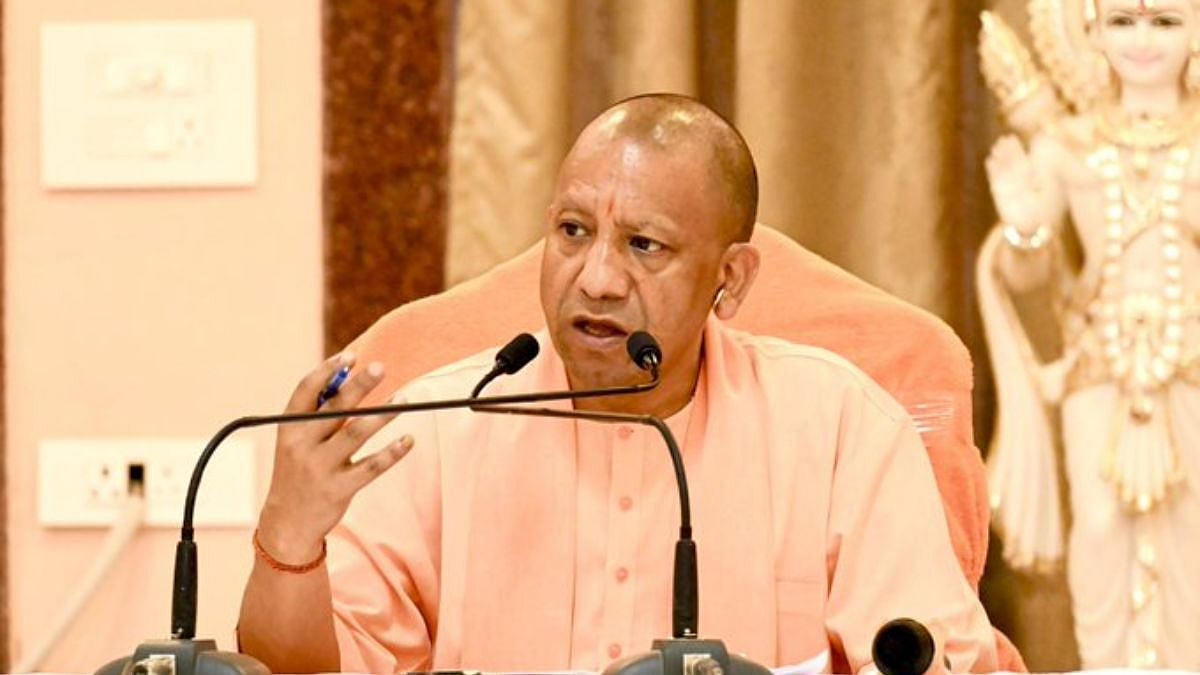The Ayodhya case is a dispute that weaves religious, political and historical issues and is currently in the Supreme Court. Ram Lalla Virajman (deity) and his Janmasthan (birthplace) is one of the parties in the sensitive Ram Janmabhoomi-Babri Masjid land dispute. According to PTI, the law suit, filed by the deity in Ayodhya case, has also included the birthplace as a co-petitioner, and together it has sought claim over the 2.77 acre of the disputed site, where the Babri Masjid was razed in December 1992.
For the uninitiated, according to Hindu Law, a deity is a legal person who can sue and be sued in the court. In a 2010 ruling, the Allahabad High Court has divided the land in three equal parts between Nirmohi Akhara, Ram Lalla Virajman and Sunni Central Wakf Board. Later all the three parties appealed to the apex court seeking sole possession of the land. The Constitution bench comprising five judges - Chief Justice Ranjan Gogoi, Justice S.A. Bobde, Justice D.Y. Chandrachud, Justice Ashok Bhushan and Justice S.A. Nazeer is hearing the case. 92-year old senior advocate K. Parasaran, is the counsel for Ram Lalla Virajman in the case.
According to PTI, during the hearing in the past, three judges have queried on several aspects of Hindu faith and its association with the law. Justice Bhushan had queried Parasaran that one of the plaintiffs in the suit was Janmasthan. So, how is it possible to designate a place as a person subject to law, and what about things other than idols, how do they fall into a category having legal rights? Parasaran cited the Rig Veda where the Sun is considered a deity, though it does not have an idol, and being a deity, it is a person subject to law. The Judges also queried if any descendant of Lord Ram was still in Ayodhya, while Parasaran was arguing to establish that deity and birthplace were legal entities, as a result they are capable of holding properties and can also institute law suits under the Hindu Law. Parasaran argued that an idol is not a necessity in Hinduism, as Hindus do not worship gods in any definite form, instead they believe in divinity having no form.
Another big case that brought Parasaran to the limelight was the Sabarimala case. In the Sabarimala case, he appeared for the Nair Service Society to defend the ban on the entry of menstruating women in the temple.
Parasaran was awarded Padma Bhushan and Padma Vibhushan in 2003 and 2011, respectively. In June 2012, he received a presidential nomination to the Rajya Sabha, the upper house of India's parliament.
